Confronting Bullying In Pleasantville
Our community is coming together lately to ask: Why is bullying such a problem? PvilleYI is really happy about this! We want to help with this conversation by asking good questions so we can find real solutions. This is the first in a series we’re calling “Confronting Bullying In Pleasantville”, and we’ll continue to add to it as we move forward.
Part 1: The First and Most Important Question
Why is bullying such a huge problem in our community?
If we as a community are going to ask this question together, and we should, it is vital that we understand something:
Every single one of our kids has the potential to be a bully.
Every. Single. One.
Mine, yours, your adorable grandchild with the rosy cheeks.
All of them.
I know we as parents and caregivers don’t want to believe that. But it’s true.
When we think of a bully, It’s easy to conjure up images in our minds of the stereotypical kid like that one from A Christmas Story or old Biff from Back to the Future. It would be easier if that were true, wouldn’t it? It would seem simpler that way. It would be so easy to spot and stop that kind of bully.
But that’s not reality.
The reality is bullies can look exactly like my kid and your kid, and …
Me.
You.
Us.
It’s us, Pleasantville.
We comment about other bodies. A lot.
We assume the worst.
We get excited about fights.
We share mugshots and screenshots.
We get high on hearing and sharing details of tragedy.
We manipulate friends for our own benefit.
We don’t forgive.
We don’t apologize.
We exclude people who annoy us.
We avoid people who don’t practice cleanliness.
We hide from people who have disabilities.
We are embarrassed of people who love us.
We convict without evidence.
We fracture and break what we don’t like.
We cower when we should confront.
We stand by while others break.
And we do this right in front of the kids in our community.
They see it. They hear it. They learn it.
From Me. From You. From Us.
So as we begin to ask this question together, Pleasantville, we have to start with admitting that every human being is capable of being cruel, of saying impulsive things, of being selfish or rude, of putting others beneath us. We are all capable of being a bully.
When we start here, we can collectively relate not only to other adults, but also to the kids we are concerned about.
If we don’t start there, we’ll get nowhere because the answers we’ll come to will be formed in our own false superiority. In that place where we think we aren’t part of the problem.
But we ARE.
If we don’t recognize our own contributions, nothing will change.
Each of us as individuals and as educators and as churches and as city leaders and as parents and as grandparents and as clubs and as organizations, we have to look in our own hearts. We point at social media, at video games, at sugar, at music, at each other. But never at ourselves.
We have to look for the problems, that’s true. But not before we point at ourselves, repent, and walk a new way.
If we don’t we’ll just be pouring gasoline on a fire that was set long before us and stand by while it blazes toward the generation after us. We’ll watch it burn like a summer bonfire as if we weren’t standing there with the power to extinguish it.
So let’s start there, Pleasantville. Let’s start by looking inside and recognizing our own sickness. Jesus told us how to do it. Let’s take the plank out of our own eye. As it is, we are looking everywhere but IN and handing our children cups that look clean on the outside but are filthy inside. And they are drinking deep.
Action Steps
Ask yourself these questions:
In what ways are my actions contributing to the high occurrence of bullying in this community?
Who have I intentionally or unintentionally hurt by my behavior?
What do I need to do to set a better example for the kids in Pleasantville?
Try this:
Intentionally spend time with someone who is lonely.
Apologize to your kids or to kids you interact with. Tell them that you want to learn how to behave in a way that lifts people up instead of tears them down. Ask them to help you ask you begin to think more about bullying in our community. (They just might follow your lead!)
Don’t share that screenshot or that gossip that you saw online. Let it stop with you.

